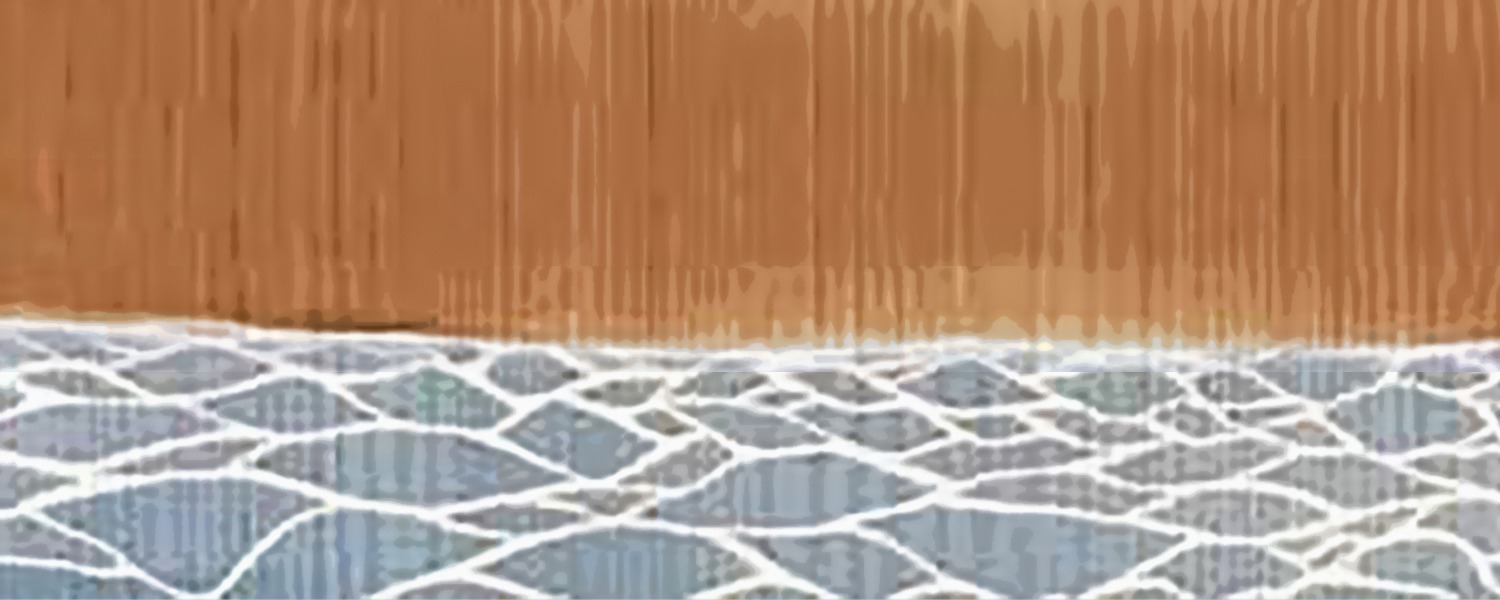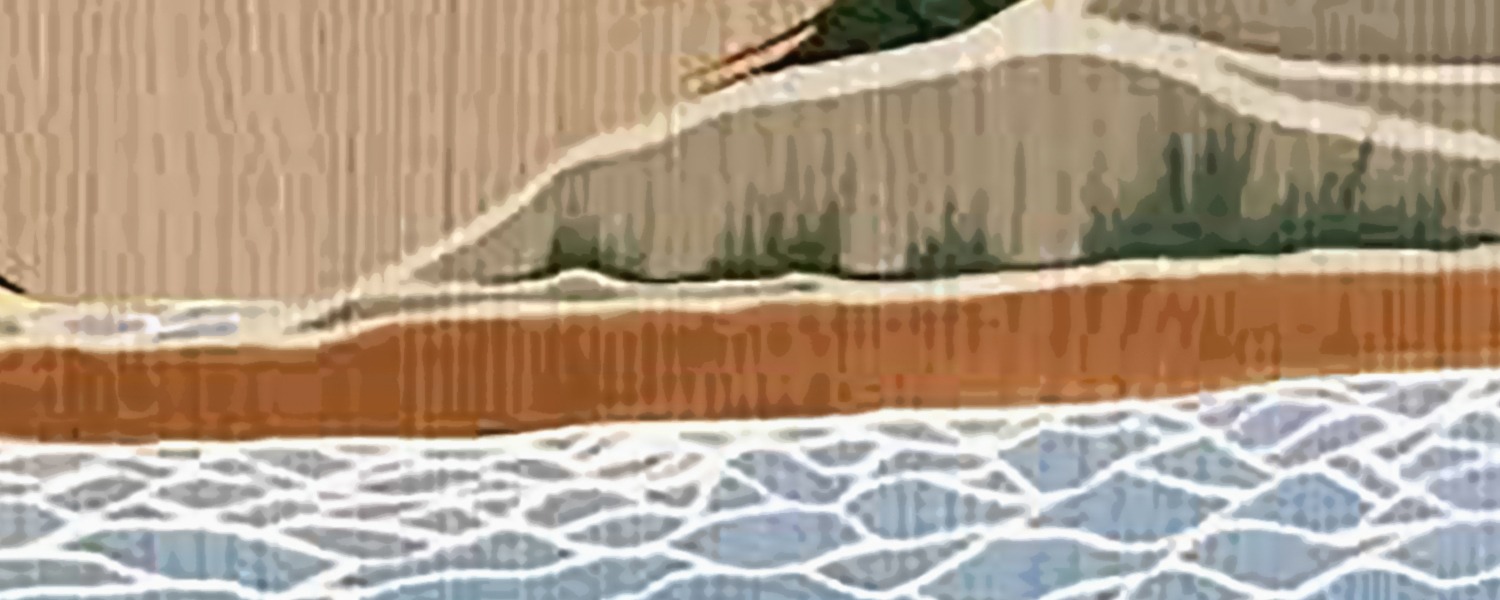Cet article est uniquement disponible en anglais.
I have always loved polar exploration stories. And my husband’s family, who are related to the famed Antarctic explorer Ernest Shackleton, traditionally swap arctic adventure books at Christmas and I relish this annual influx of nail-biting tales of courage in extreme environments.
So, like many Canadians, I watched spellbound this week, as news and underwater video surfaced of one of the missing Franklin expedition ships.
Nevertheless, the media coverage of this ‘discovery’ (and my own fascination with doomed arctic explorers) also disturbs me. Our collective Canadian obsession with the found remnants of a 150-year-old disastrous British arctic maritime adventure betrays Canada’s strange and enormous cultural blinkers about the arctic.
My dreams of arctic adventures led to a stint living in Nunavut. There I came to notice those blinkers most clearly. I was struck by how nonplussed the Inuit were about the ‘lost’ Franklin expedition. They did not “get” why qallunaat (white people) thought it was a big deal that a group of foreigners (who steadfastly refused to use Inuit assistance) were lost in the arctic and died. For example, when Nathan Rogers (Stan Rogers’ son and a great musician) came to Iqaluit, he sang his father’s hauntingly beautiful Canadian classic, The Northwest Passage. (Nathan joked about how his father never made it much further north than the Great Lakes). Nathan asked local Inuit musicians to translate the lyrics into Inuktitut. At a community concert, Nathan sang the Inuktitut version, rendering the qallunaat misty-eyed. This, in turn, left Inuit friends bemused: they did not understand this fascination with Franklin. (On the other hand, when Nathan Rogers did Tuvan throat singing, they went crazy and could not get enough because THAT was truly amazing – a man who could throat sing.)
Many Inuit are fascinated with and talk about polar explorer Roald Amundsen, on the other hand. Amundsen, unlike Franklin, did succeed in navigating the Northwest Passage. Amundsen spent time in the Inuit communities, learned their language, and then studied their technologies and survival skills. In Gjoa Haven for instance, people have exciting Amundsen stories to tell (but not as much interest in Franklin, although this is the closest Inuit community to the final Franklin route and it was the Inuit oral history from this community that eventually led to the ‘discovery’ of the Franklin ship this week.)
So, why this disconnect between Inuit and qallunaat reactions to Franklin? The Canadian fascination with the lost Franklin expedition is akin to the Canadian fascination with ‘lost’ or vanished Indians (such as the historical fixation of Ontario archaeologists with the ‘vanished’ Huron). These fixations affirm our cultural mythologies of the conquest of the savage wilderness (like the lyrics in the Northwest Passage, “Tracing one warm line through a land so wide and savage…”).
For the Inuit, there is no ‘savage wilderness’ that Franklin disappeared into – there is home. And the story of the demise of his expedition, from an Inuit perspective, is as much about stubborn (and ultimately fatal) resistance to using Inuit technology as it is about heroism. Franklin was sunk, in part, due to his own cultural blinkers.
Meanwhile, the federal government trumpets about how important the ‘discovery’ of the lost ship is for asserting Canadian sovereignty in the arctic. Canada would go further to establish sovereignty in the arctic if Canada matched the significant investment made in finding the Franklin ships and funded an extensive land use and occupancy studies documenting the Inuit’s unextinguished aboriginal title to the Arctic seas and sea beds.
Senator Charlie Watt (who is Inuk and from Nunavik) has repeatedly raised concerns that the rights of Inuit have been ignored by Canada in the process of establishing sovereignty over large area of the Arctic Ocean seabed. Watt commissioned a fascinating report documenting how the Inuit have used the arctic seas and ice for centuries to live, hunt and travel. The report investigates the unextinguished claims the Inuit retain to the arctic seas and sea beds.
Recognizing the Inuit’s historical ties and use of the arctic would have far greater import, in international law, in legitimizing Canada’s arctic jurisdiction than finding old ships sent by colonial powers two centuries ago. For example, Canada’s agreement with the Inuvialuit in 1984 covers the Beaufort Sea. The agreement recognizes the historic occupation and use of the Beaufort Sea area by the Inuvialuit The settlement of this claim, in turn, significantly strengthened Canada’s claims of sovereignty in that region (as against the United States, which had claimed the Beaufort Sea as American territory).
By investing in proper land use and occupancy studies that document the Inuit use of the arctic seas, Canada could more legitimately argue in an international court that aboriginal title is not a burden on the Crown’s underlying title but something sui generis, because the doctrine of discovery is wrong. In other words, by cooperating with the Inuit, Canada could establish its own sovereignty goals. Unless, like with Franklin, the cultural blinkers come on and Canada’s refuses to work with the Inuit and thereby sinks its own sovereignty ship.
Related Posts

L’affaire Coastal GasLink et la mobilisation des chefs héréditaires Wet’suwet’en
Le dernier jour de 2019, la Cour suprême de la Colombie-Britannique a publié son jugement dans l’affaire Coastal GasLink Pipeline Ltd. v. Huson. La juge Church y accorde une injonction interlocutoire…
La suite...
Monuments are one thing, Stare Decisis and Racist Colonial Law is Another
Cet article est uniquement disponible en anglais.
John A. Macdonald was a man of his times. I gather that is the underlying social acceptance that Canada’s early days were days…
La suite...
Two Treaty 9 First Nations ask for Court injunction against pipeline activity
Cet article est uniquement disponible en anglais.
Most Canadians who follow current events will have seen headlines in recent weeks and months about the approval of new pipelines in Canada and…
La suite...
